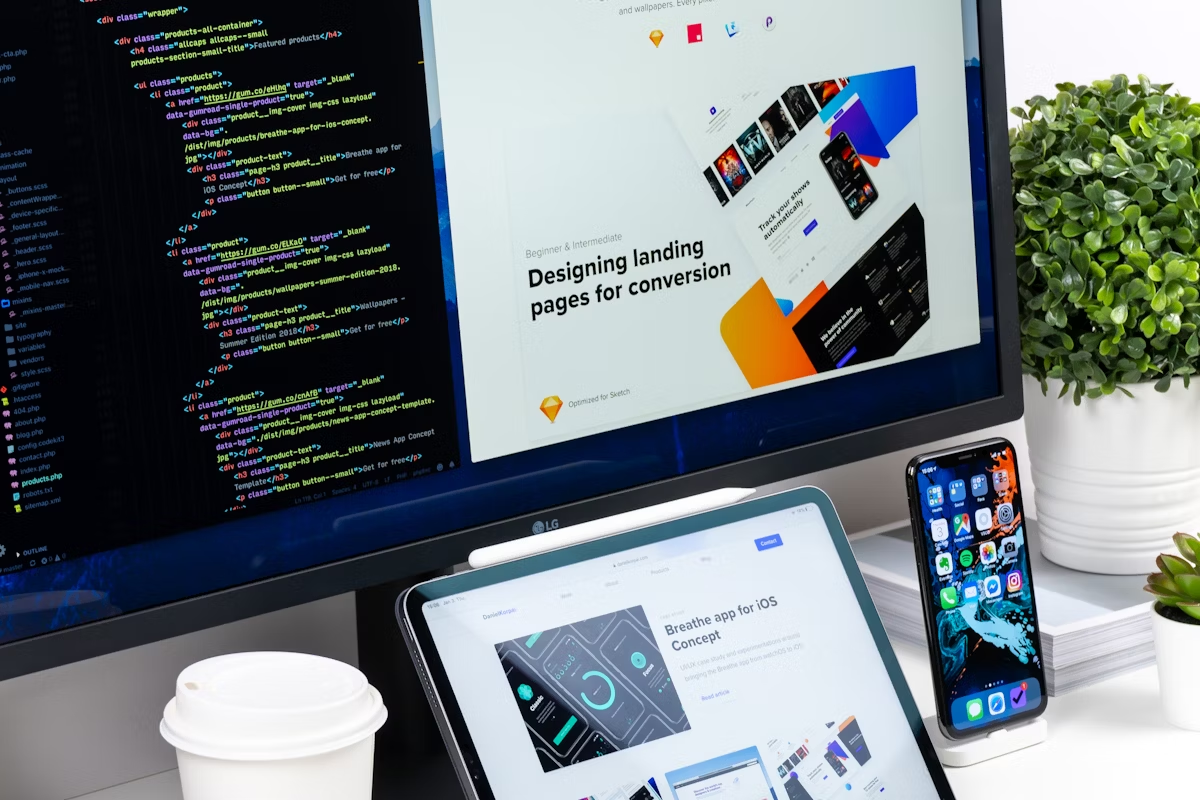What Elon Musk’s Screen Time Can Teach Us About Living Fully
Discover how minimal screen usage can unlock your true potential and transform your life
When Elon Musk was asked in an interview how much time he spends on his phone, he paused.
“It’s bad,” he admitted. “Maybe… one hour?”
The interviewer didn’t believe it.
So Musk, casually, pulled out his phone.
Screen time: 1 minute.
Yes. The man behind Tesla, SpaceX, and Neuralink. The same Elon Musk with over 218 million Twitter followers.
He’s online—but not lost online.
That one-minute screen time speaks louder than any productivity book ever written.

💭 Imagine This…
You return home after a long day. It’s 6:00 PM.
You’ve got plans. You feel energized. Ready to get things done.
Then ping—“Someone liked your post.”
You think: Just one minute.
You open Instagram.
One reel.
Then another.
And another…
Next thing you know—it’s 9:30 PM.
You haven’t eaten. Haven’t changed clothes. You’re still scrolling.
Someone at home calls you to dinner.
You answer: “Just finishing up some work.”
But you know it’s not true.
And worse—you’ve said this before.
You whisper to yourself, “Tomorrow will be different.”
But tomorrow comes, and the cycle repeats.
⚰️ A Grim Visualization
You live to be 100.
Yamraj (the Hindu god of death) shows up and offers to show you how your life was spent.
33 years asleep
7 years in bathrooms or commuting
15 years glued to screens
4 years truly with your family
Just 1 or 2 years chasing your dreams
And the rest?
Just… scrolling.
You beg for another chance. He gives it.
Tears in your eyes, you wake up—back in the present.
And this time, you’re not going to waste it.

🧪 The Science Behind Screen Time & the Brain
Researchers studied 11,800 children aged 9–10 over two years.
They found striking behavioral and brain development patterns based on how kids used screens.
1 Passive Scrollers (Insta, TikTok Reels)
Mostly silent watchers
Rarely engaged
Displayed higher signs of rule-breaking behavior and reactivity
2 Excessive Gamers (3+ hours daily)
Reported higher loneliness, anxiety, and depression
Their hippocampus (critical for memory) was shrinking
3 Digital Multitaskers
Constantly switched between WhatsApp, Instagram, Netflix
Felt emotionally distant and chronically distracted

✅ So What Can We Do?
We’ve seen the problem. Now, let’s talk about solutions.
1 Use Two Social Identities
Create two separate email accounts and social profiles:
One purely for learning & growth (follow only what aligns with your goals)
One for entertainment
This small act creates a mental filter.
When you’re logged into your “growth account,” you think twice before wasting time.
It’s like walking into a library vs a theme park—your behavior shifts automatically.
2 Don’t Just Watch—Act
Let’s say you’re curious about AI.
Instead of watching 10 videos in a row, pause after the first or second one and take action.
Google: “Free AI agent course.”
Try a hands-on tutorial. Build something. Experiment.
Why? Because execution beats consumption.
Otherwise, learning turns into digital junk food.
3 Use Digital Boundaries
Here are 3 battle-tested methods to protect your focus:
🌓 A. Go Grayscale
Turn your phone display black & white.
With no colors to stimulate you, your desire to scroll drops.
⏱️ B. Deep Focus Mode / Pomodoro
Try focus modes or apps like “Zen Mode.”
They lock you out of distractions for 25–50 minute work sprints.
📵 C. Minimalist App Interfaces (e.g., “Minist”)
Strip your phone of flashy icons.
Turn it into a basic list of tools.
The harder it is to access distractions, the easier it is to resist them.
4 Move Your Body, Save Your Mind
Exercise releases BDNF—a brain chemical that helps build new neural connections.
It reverses the very brain damage that excessive screen time causes.
It boosts memory. Increases clarity. And, perhaps most importantly, it makes you feel alive.

🧠 A Personal Realization
On a recent trip to Muscat, I hesitated before jumping into deep water—even with a life jacket.
Why?
Years ago, a tragic accident at a dam led my family to make me swear: never go near deep water.
The fear stuck. I never learned to swim.
Meanwhile, my brother-in-law—trained early—swims confidently.
Same water. Same risk.
Different mindset. Different exposure.
The same is true for technology.
It can drown you. Or it can carry you.

📌 The 4 Real-World Solutions Recap
| # | Action | Why It Works |
|---|---|---|
| 1️⃣ | Two Social Accounts | Helps separate productivity from distraction |
| 2️⃣ | Learn → Act | Builds real progress, avoids binge-watching |
| 3️⃣ | Phone Boundaries | Removes compulsive scrolling temptations |
| 4️⃣ | Daily Exercise | Heals the brain, boosts motivation & mental health |
💬 Final Thoughts
Your phone is not evil.
Social media isn’t your enemy.
But lack of intention is.
Elon Musk, one of the busiest minds alive, doesn’t spend hours scrolling.
If he can lead world-changing companies with 1 minute of screen time—imagine what you could do with that discipline.
You don’t need to quit the internet.
You just need to take back control.


Leave a Reply